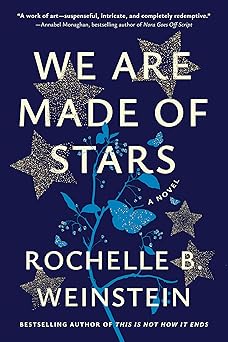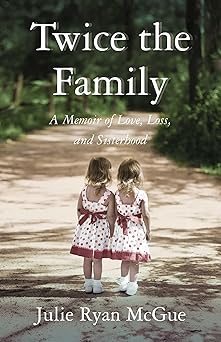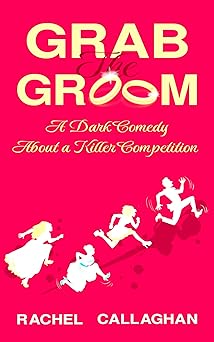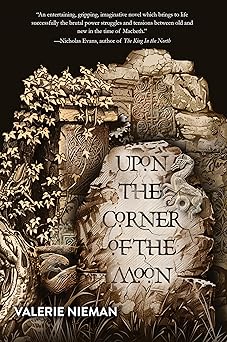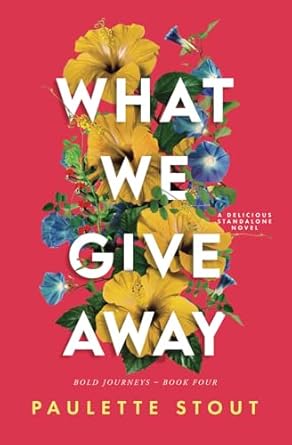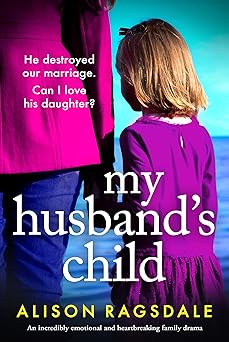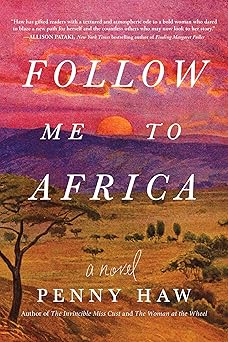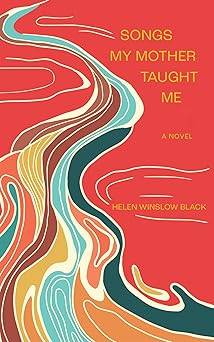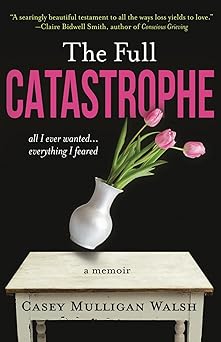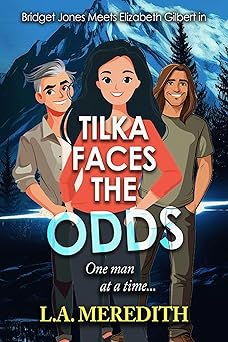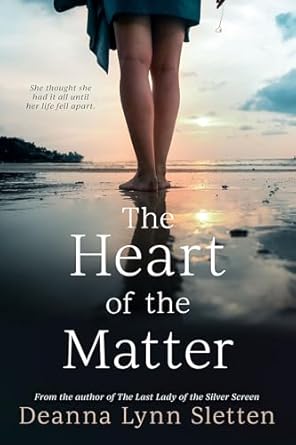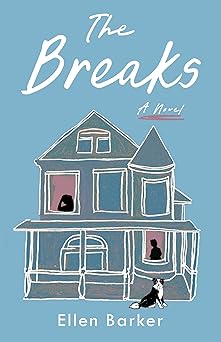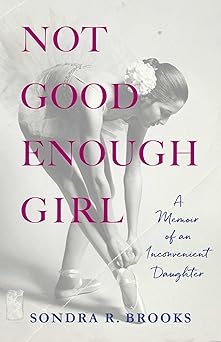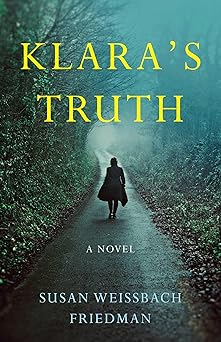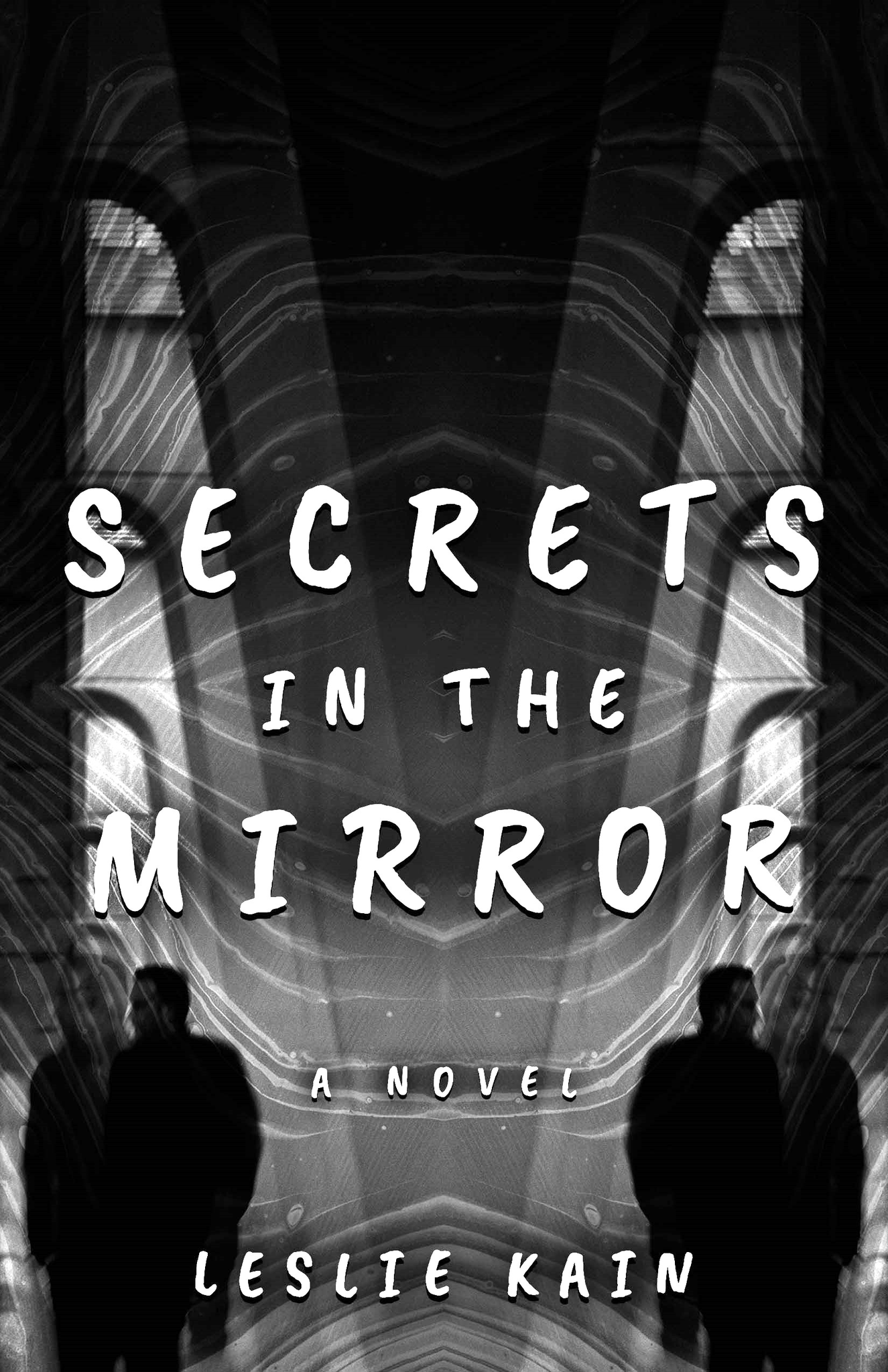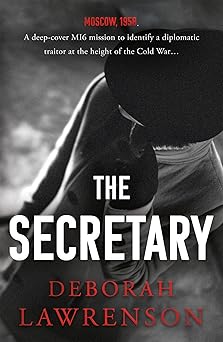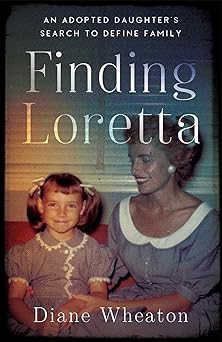Cold Cases and the Burning Need to Know by Stephanie Kane
Cold Cases and the Burning Need to Know
Stephanie Kane
 Does Kyle Clinkscales ring a bell? Probably not.
Does Kyle Clinkscales ring a bell? Probably not.
In 1976, Kyle, a 22-year-old sophomore at Auburn University, disappeared. His parents’ search was all consuming. They followed leads from New Orleans to Hawaii. Whenever they left the house, they’d leave a note and spare car key for Kyle on the dining room table. Trying to grapple with the inexplicable loss of his son, Kyle’s dad speculated he might have felt he was a financial burden and wanted to make their life easier by disappearing.
In 2021, Kyle’s rusted Ford Pinto and skeletal remains were pulled from a creek on the route between Auburn and the bar where he worked part-time. He simply may have driven off the road. His mom, who kept searching for him till her last days, never knew. She’d died months earlier at 92.
The Clinkscales were not alone.
We all love a good mystery, especially real-life crimes that remain unsolved. Cold case murders are particularly enthralling, but we never think about the survivors and their needs. For them, a disappearance might well be a murder, because until you know what happened you assume the worst. Not knowing becomes a hole; like Kyle Clinkscales’s dad, to fill it you reach for any possible explanation. And if you fear you were somehow to blame, the hole digs its way so deep it comes to define you.
Betty Frye’s bludgeoning death in 1973 wormed into me. The morning she was murdered I was one of the last to speak to Betty; hours later, I saw her killer—my future father-in-law, Duane. Because it happened two weeks before I was to marry their son, and the Fryes disapproved of me, it was tempting to think the events were related. My fear that the impending wedding was the trigger festered into a sense of guilt.
In 1973, Duane Frye was indicted, but the charges were dropped. Nobody talked about it again. Betty’s murder remained a mystery, and in the vacuum my guilt metastasized. In the 1990s, ten years after her son and I divorced, I began writing about it. My fragments of memory became Quiet Time, a highly fictionalized version of Betty’s murder, published by Bantam in 2001. Resolved I’d never know the truth, I moved on to a series of legal thrillers.
Then, in one of those strange twists that seem to be the hallmark of cold cases, in 2005 Quiet Time brought Betty’s murder roaring back to life. Her case was reopened, and Duane was reindicted. As a prosecution witness, I was sequestered from other witnesses. Learning the facts would take a decade more.
When the cold case ended, I opened my own investigation. The official files from 1973 and 2005 contained thousands of pages of interviews and transcripts, audiotapes and crime scene photos. I still had questions. I interviewed family members on both sides, hounded the DA and cold case cops, flew to Arizona to interview the original lead detective. Each new piece of information filled the hole. But one man helped me understand why, for me, Betty’s murder had never died.
After his eldest son, Guy, was murdered in Arizona in 1975, Howard Morton founded Families of Homicide Victims and Missing Persons (FOHVAMP). (Guy’s murder is still unsolved.) In 2005, Morton brought Quiet Time and a lead it generated to the attention of the cold case cops. In 2019, when I was writing a blog that turned into True Crime Redux, my memoir of Betty’s case, I contacted Morton through LinkedIn. To my surprise, he remembered Quiet Time and the murder. The next day, we talked by phone.
My wound was guilt. I’d always felt responsible for Betty’s murder, that by entering her family I’d somehow lit the fuse. What right did I have to write about it? But Morton understood. He validated my connection to the case—my right to care.
Morton told me what families of cold case victims want. Not closure; the very word is an insult because the wound never heals. Bringing a killer to justice? For most, that’s an impossible dream. They want something simpler and more profound: to know what happened and why. Without knowing, you simply cannot move on.
I’m one of the lucky ones.
—
Stephanie Kane is a lawyer and award-winning author of seven crime novels and one true crime memoir. After graduating from law school, she was a corporate partner at a top Denver law firm before becoming a criminal defense attorney. She has lectured on money laundering and white-collar crime in Eastern Europe and given workshops throughout the country on writing technique.
Her crime novels have won a Colorado Book Award for Mystery and two Colorado Authors League Awards for Genre Fiction. She belongs to the Mystery Writers of America, Rocky Mountain Fiction Writers, and the Colorado Authors League.
She lives in Denver with her husband and two black cats.
TRUE CRIME REDUX
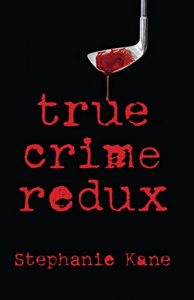 “More than a witness but less than an active participant, I was a bit actor whose role in the crime shaped my life.” So writes Stephanie Kane, who here recounts the dramatic events that forever fractured the lives of the Frye family as well as her own.
“More than a witness but less than an active participant, I was a bit actor whose role in the crime shaped my life.” So writes Stephanie Kane, who here recounts the dramatic events that forever fractured the lives of the Frye family as well as her own.
The murder of Betty Frye had gone unpunished for decades when Kane, ex-wife of Betty’s son Doug, finally decided to tell her story by fictionalizing that brutal homicide. The result was the novel Quiet Time, which helped bring a forgotten cold case roaring back to life.
In her new true-crime non-fiction, True Crime Redux, Kane, writing on the murder’s fiftieth anniversary, artfully depicts the events leading up to the murder and its fascinating, decades-long aftermath.
With a can’t-put-it-down story of trauma and forensics delivered in propulsive bursts, capped off by a knock-out blow of an ending, the author holds nothing back. Fearful that she had played an unwitting role in Betty’s murder, she writes movingly about its effects on her as a normal college girl and describes the obsessive lengths to which she went (as an amateur sleuth) to get answers during the following five decades.
True Crime Redux is, simultaneously, the saga of an American family plagued by mental illness, struggling to adjust to the demands of a rapidly changing world, and involuntarily coping with a significant outsider who suddenly enters the scene.
And it is a raw, revealing look at the criminal justice system from the vantage point of a lawyer with the shoe suddenly on the other foot, thrust into the quicksand of being a witness in a cold case investigation and prosecution.
The strikingly different report of a brutal homicide captures readers from the very first line. True Crime Redux is thus a perfect pick for true-crime readers looking for a compelling true story that leaves no angle uninspected.
“A suspenseful read” – Kirkus
“A complex and powerful look at a crime still technically considered unsolved” — The Denver Post
BUY HERE
Category: Contemporary Women Writers




